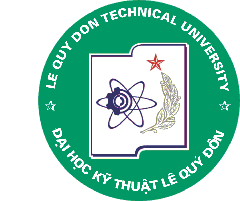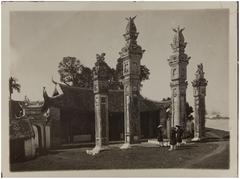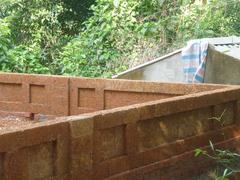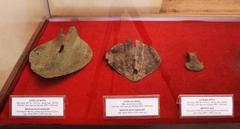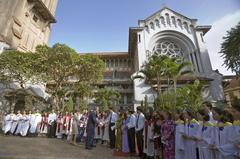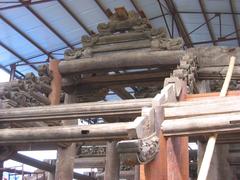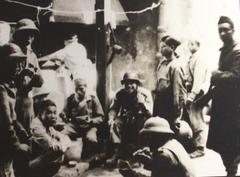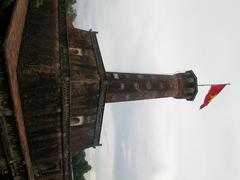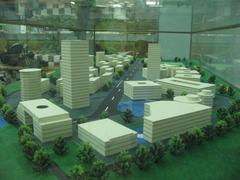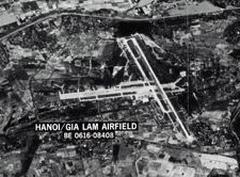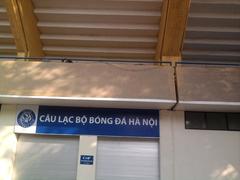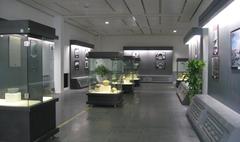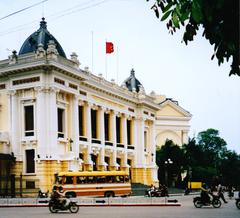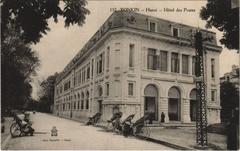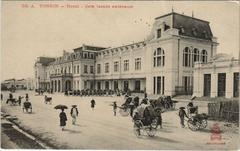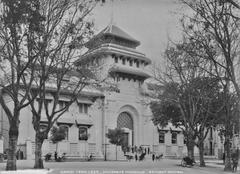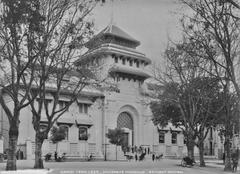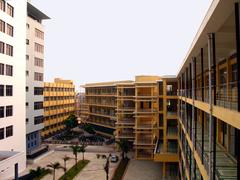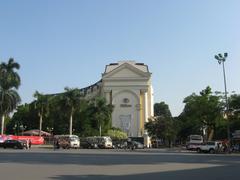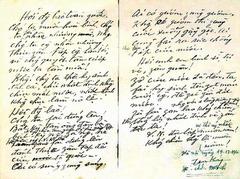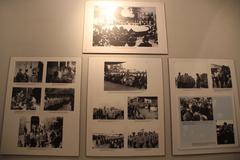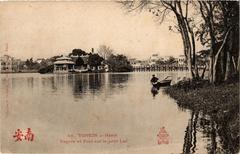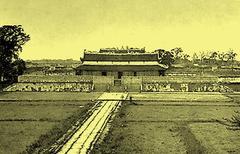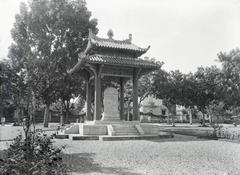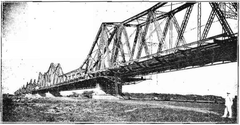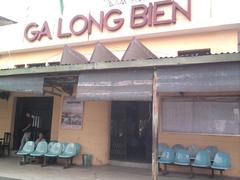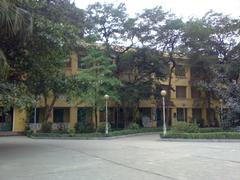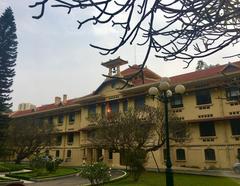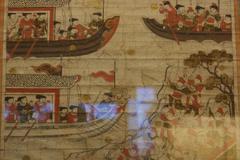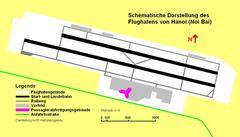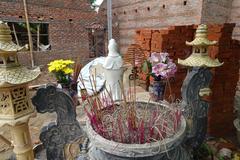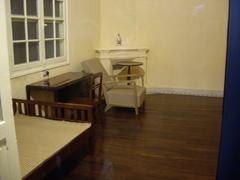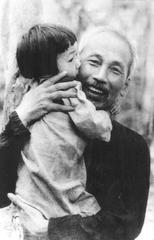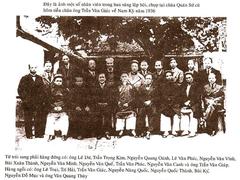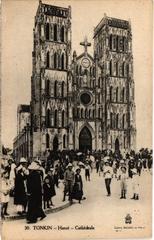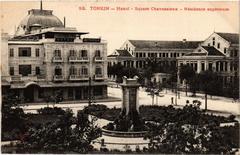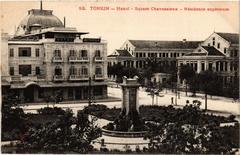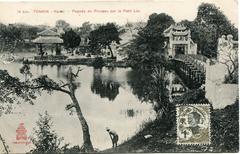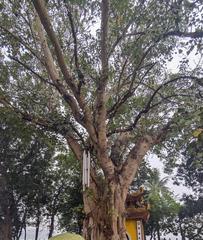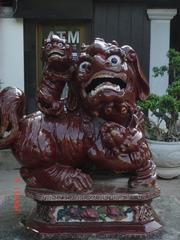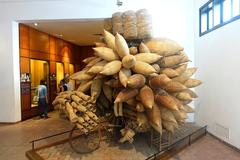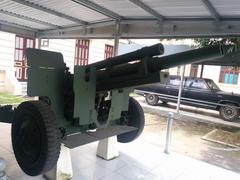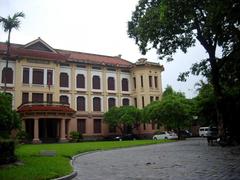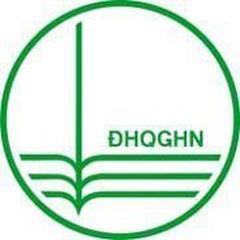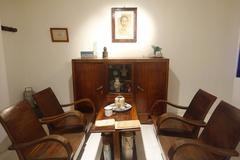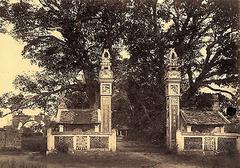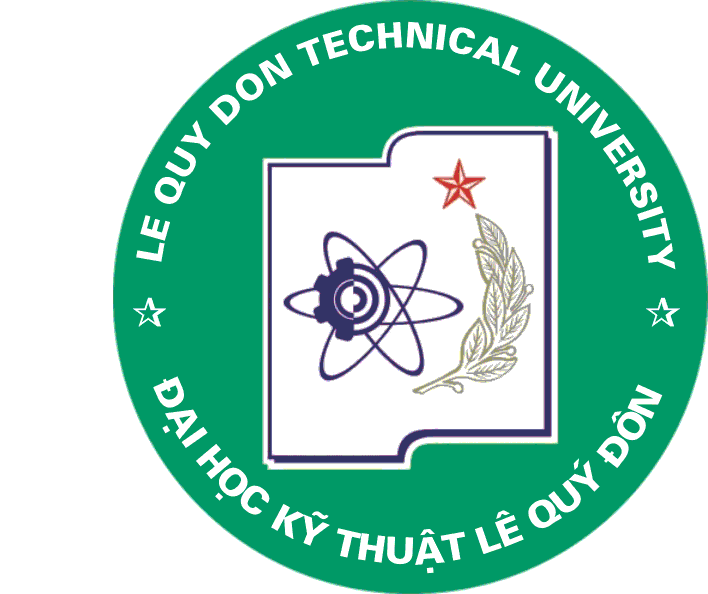
Le Quy Don Technical University Hanoi Visiting Hours, Tickets, and Travel Guide
Date: 14/06/2025
Introduction
Le Quy Don Technical University (LQDTU), located in Hanoi—the vibrant capital of Vietnam—is one of the nation’s premier institutions for technical education, research, and innovation. Established in 1966 and named after the eminent 18th-century scholar Lê Quý Đôn, the university stands as a testament to Vietnam’s enduring reverence for scholarship and commitment to advancing science and technology (Prabook). The campus, set amid Hanoi’s urban landscape, blends historical significance with modern facilities, offering not only academic excellence but also a culturally rich experience for visitors. Whether you are a prospective student, an academic, or a curious traveler, this guide provides everything you need to know about visiting LQDTU, from its historical roots and campus features to practical visitor information and tips for exploring nearby Hanoi attractions (ICGHIT 2013, Nomadic Matt, Official Website).
Contents
- Origins and Namesake: Lê Quý Đôn
- Foundation and Early Development
- Growth and Expansion
- Academic and Research Excellence
- Cultural and National Significance
- Contributions to National Defense and Industry
- Internationalization and Modernization
- Architectural and Campus Features
- Visiting Information
- Visiting Hours and Entry
- Accessibility
- Guided Tours and Events
- Photography
- Nearby Attractions
- Campus Life and Facilities
- Sports, Recreation, and Wellness
- Dining and Accommodation
- Library and Digital Infrastructure
- Sustainability Initiatives
- Health and Safety Services
- Frequently Asked Questions
- Summary & Recommendations
- Sources and Further Reading
Origins and Namesake: Lê Quý Đôn
LQDTU celebrates the legacy of Lê Quý Đôn (1726–1784), a revered Vietnamese scholar, poet, philosopher, and government official. Born in Duyen Ha village, Thái Bình Province, Lê Quý Đôn was renowned for his vast intellect and played pivotal roles in both educational and governmental spheres. As rector of the National University at Văn Miếu (Temple of Literature) and Director of the Bureau of Annals, his influence shaped Vietnamese academic and administrative practices. His name, honored by numerous institutions and streets throughout Vietnam, reflects the university’s deep commitment to intellectual pursuit and national service (Prabook).
Foundation and Early Development
Founded in 1966, amidst national reconstruction, LQDTU’s primary mission was to foster advanced technical education and research to support Vietnam’s industrial and defense progress. The university initially concentrated on essential fields like mechanical engineering, electrical engineering, and information technology, aligning with the nation’s strategic goals for self-reliance and technological advancement.
Growth and Expansion
LQDTU has evolved into one of Vietnam’s largest and most prestigious technical universities, offering a comprehensive array of programs in engineering, science, and technology. Its faculties now include mechanical engineering, electronics and telecommunications, chemical engineering, civil engineering, and more, reflecting the university’s adaptability to Vietnam’s rapid economic development and increasing demand for high-level technical expertise (ICGHIT 2013). The student body numbers in the thousands, with a robust faculty engaged in research and collaboration with both domestic and international partners.
Academic and Research Excellence
The university’s reputation is founded on rigorous academic standards and significant research achievements. LQDTU hosts numerous research centers and laboratories, particularly in automation, robotics, materials science, and information security. Its faculty and students contribute to national projects in defense, infrastructure, and industry, maintaining strong partnerships with government, private sector, and international institutions. Regular academic conferences and workshops support a vibrant intellectual community and underscore LQDTU’s leadership in Vietnamese higher education.
Cultural and National Significance
LQDTU is a symbol of Vietnam’s respect for scholarship and commitment to national development. Statues and commemorative displays honoring Lê Quý Đôn are found throughout the campus, serving as daily reminders of the institution’s heritage. The alumni network includes prominent leaders in academia, government, and industry, underscoring the university’s enduring influence.
Contributions to National Defense and Industry
A unique aspect of LQDTU’s mission is its deep-rooted relationship with Vietnam’s defense sector. The university has trained generations of military engineers and specialists and has played a vital role in defense research and indigenous technology development. Its graduates are also highly sought after by the nation’s manufacturing, telecommunications, and information technology industries.
Internationalization and Modernization
LQDTU has embraced internationalization through exchange programs, dual-degree partnerships, and collaborative research projects with institutions worldwide. Modern teaching methods, state-of-the-art facilities, and strong integration of digital technologies ensure the university remains at the forefront of technical education in Vietnam.
Architectural and Campus Features
The main campus in Hanoi features a functional yet welcoming environment with modern academic buildings, advanced research laboratories, and landscaped gardens. Spaces dedicated to Lê Quý Đôn’s memory, such as statues and commemorative plaques, add cultural depth. The campus encourages interdisciplinary collaboration and offers a tranquil setting for study and exploration (ICGHIT 2013).
Visiting Information
Visiting Hours and Entry
- Hours: Monday–Friday, 8:00 AM to 5:00 PM. Weekend access is limited and typically reserved for special events.
- Entry: Visitors must present valid ID at security checkpoints. There is no entry fee for general campus access. Special exhibitions or research centers may require prior arrangement.
- Group Visits/Tours: Advance permission is advised for group visits or guided tours. Arrangements can be made through the university’s visitor center (Official Website).
Accessibility
The campus is centrally located and accessible by public bus, taxi, motorbike, and eco-friendly electric buses (Nomadic Matt). Key areas feature ramps and accessible pathways. Visitors with specific needs should contact the university in advance.
Guided Tours and Events
While not a traditional tourist destination, LQDTU occasionally hosts open days, academic conferences, and cultural events open to the public. Guided tours highlighting the university’s history, architecture, and research facilities can be arranged, especially for educational groups or visiting scholars.
Photography
Photography is allowed outdoors, including popular spots like the Lê Quý Đôn statue and landscaped gardens. Please note that photography may be restricted in research laboratories or during exams.
Nearby Attractions
LQDTU’s central Hanoi location places visitors within easy reach of:
- Temple of Literature (Văn Miếu): Vietnam’s first national university.
- Hoan Kiem Lake: A scenic and historic city centerpiece.
- Old Quarter: Bustling streets filled with markets and cultural sites.
Campus Life and Facilities
Academic Buildings and Research Facilities
The university houses state-of-the-art laboratories, computer labs with high-speed internet, modern lecture halls, and specialized research centers. The main library provides extensive collections of technical literature, digital resources, and quiet study areas.
Student Life and Communal Spaces
LQDTU’s campus hums with activity, including student clubs, cultural exhibitions, and academic events. Communal spaces like the Student Union Building and outdoor courtyards offer relaxed environments for both study and socializing.
Sports, Recreation, and Wellness
Visitors interested in recreation will find:
- Multi-purpose sports halls for basketball, volleyball, and badminton.
- Outdoor sports fields for football and athletics.
- Fitness center with modern equipment. Visitors may observe or participate in sporting events, particularly during inter-university tournaments.
Dining and Accommodation
Campus cafeterias and food stalls serve authentic Vietnamese dishes at student-friendly prices. For international cuisine, Hanoi’s Old Quarter is nearby. While dormitories are primarily for students, short-term stays for visiting scholars can sometimes be arranged through university contacts.
Library and Digital Infrastructure
The main library is open to visitors during regular hours and offers print and digital resources, computer terminals, and research assistance. Campus-wide Wi-Fi and smart classrooms support a modern learning environment.
Sustainability Initiatives
LQDTU promotes sustainability through recycling programs, energy-efficient facilities, and green spaces. Tree-planting campaigns and waste reduction efforts contribute to a healthier campus and community.
Health and Safety Services
On-campus health clinics provide basic medical services, while campus security ensures a safe environment for visitors and students alike.
Frequently Asked Questions (FAQ)
Q: Is LQDTU open to tourists?
A: Yes, especially during weekdays. Advance permission is recommended for group or guided visits.
Q: Are there entrance fees?
A: No, general campus entry is free. Special events may have separate arrangements.
Q: Can I take a guided tour?
A: Yes, guided tours are available by prior arrangement through the university’s visitor center.
Q: What are the best times to visit?
A: Weekdays during working hours (8:00 AM – 5:00 PM). Avoid national holidays unless attending a special event.
Q: Is the campus accessible for people with disabilities?
A: Yes, accessible pathways and ramps are available. Contact the university for specific requirements.
Q: Can I take photographs on campus?
A: Yes, outdoors. Restrictions apply in certain research or exam areas.
The Le Quy Don Monument: Key Landmark in Hanoi and Ho Chi Minh City
Hanoi Monument
The Le Quy Don Monument in Hanoi, located near the university in the Dong Da district, is dedicated to honoring Lê Quý Đôn’s intellectual legacy. Open daily from 7:00 AM to 6:00 PM, this site is free to visit and accessible to all. Guided tours and cultural events are occasionally offered. The monument is wheelchair accessible, with amenities such as rest areas, bilingual signage, and nearby cafes. It’s a popular spot for photography, especially during the early morning or late afternoon.
Ho Chi Minh City Monument
A similar monument stands in Ho Chi Minh City, commemorating Lê Quý Đôn’s influence. It is open daily from 7:00 AM to 6:00 PM, free of charge, and offers guided tours for a nominal fee. The monument is centrally located, close to landmarks like the Saigon Notre-Dame Basilica and Central Post Office. The area is wheelchair accessible and well-served by public transportation.
Travel Tips
- Wear modest attire for academic settings.
- Bring ID for campus entry.
- Arrive early to beat crowds and enjoy peaceful campus or monument visits.
- Use eco-friendly transport options where possible (Nomadic Matt).
- Check the official university website for event updates.
Summary & Visitor Recommendations
Le Quy Don Technical University stands at the intersection of Vietnam’s rich historical tradition and its pursuit of scientific and technological excellence. With free weekday access, guided tours, and a strategic location near Hanoi’s most significant attractions, LQDTU offers a rewarding experience for students, scholars, and tourists. The campus’s blend of academic vitality and cultural heritage makes it a unique destination, whether you’re exploring laboratories, attending events, or enjoying tranquil gardens. For the most up-to-date information on schedules, events, and tours, consult the university’s online resources or travel apps like Audiala (ICGHIT 2013, Nomadic Matt, Official Website).
Sources and Further Reading
- Le Quy Don Technical University: A Historical and Visitor’s Guide to Hanoi’s Premier Technical Institution, 2013, ICGHIT
- Le Quy Don Technical University Campus Guide: Visiting Hours, Facilities & Hanoi Attractions, Nomadic Matt
- Le Quy Don Technical University Official Website
- Prabook – Lê Quý Đôn Biography
- Unipage – Le Quy Don Technical University Profile
- Vietnam National Authority of Tourism
- Hanoi City Official Tourism Website
- Temple of Literature Visitor Guide
